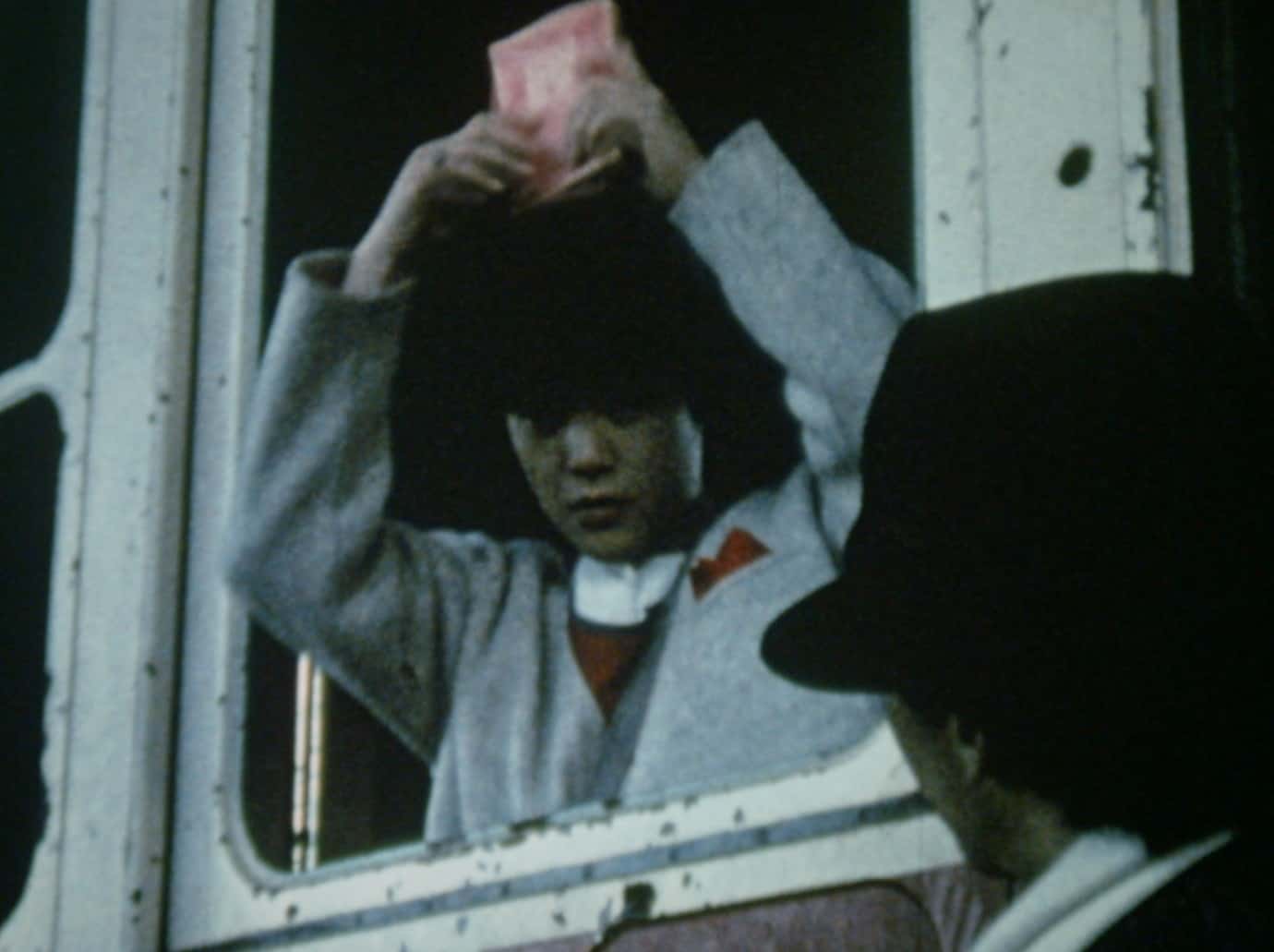After his endeavors in the samurai comedy, Katsuhide Motoki took a complete turn with his latest film, which is based on Jun Ikeibo's novel “Soratobu Taiya” (which was also adapted into a TV series in 2009), and revolves around a “fight” between a medium-sized company and a large one.
Recall is screening at Camera Japan

Tokuro Akamatsu runs a transport company that has been handled to him by his father, along with his father's long time associate, Naokichi . He treats his employees like family, with his approach extending to his clients, and despite some difficulties due to the size of his entrepreneurship, he manages to keep it afloat. However, when one of his drivers is involved in a freak accident, where a wheel is detached from the truck ending up killing a woman who was walking in the pavement with her son, all hell breaks loose. The already stretched -thin financial situation of the company becomes dire, since the press takes wind of the accident and accuses Akamatsu and his company's maintenance section for the tragedy, his clients abandon him one by one, in fear of the social outcry, and the banks follow. Furthermore, the company who is tasked with investigating the accident, Hope Motors, issues a result that puts the blame on Akamatsu's maintenance section.
Tokuro has to face his financial situation that threatens the existence of his business, along with the police, the public, the family of the deceased, and the connections of Hope Motors. Against all odds, and believing in his employee's abilities, he decides to investigate by himself, and soon the marks of a cover up begin to appear, which involves Sawada, a man in charge of the results published, and a much higher up individual, Takeshi Kano.

Katsuhide Motoki directs a movie that is filled with financial and comments, as the story deals with corruption, the way large conglomerates operate, particularly regarding smaller corporations, prejudice and the effect of public opinion, only to name some. Through all the above, Motoki exemplifies a number of values who are very important to the Japanese, and particularly integrity, persistence and loyalty, as much as the benefits of running a small business, where the workers and the management share ties very similar to that of a family.
Tokuro is the personification of all the above traits, as he is presented as a true hero of justice, who puts his ethics over every aspect of his life. Tomoya Nagase is quite convincing in the part, with the movie benefiting the most by his performance. Dean Fujioka is also great as Sawada, as his characters serves as an indication of the extreme power games that take place inside large corporations, where the lack of all the virtues mentioned before in the face of success and money, seems to be the main ingredient of any “relationship.” His gradual disillusionment about his role and corporate greed, and his subsequent transformation is one of the film's best assets. The third role that stands out is that of Naokichi, with Takashi Sasano acting as the voice of reason in Tokuro's occasional blind obsession with ethics. Lastly, Ittoku Kishibe is great in the role of the cruel “villain,” Takashi Kano.

The narrative follows a difficult to implement but quite rewarding when successful approach, with the very frequent change of setting and characters in focus, which, occasionally seems like the one implement by TV channels, during breaking news. This approach retains a very fast pace for the movie, and actually demands unwavering attention from the viewer, since the amount of information is quite large and the progression of the story almost constant (the same approach was implemented in Shin Godzilla, while the roots of the approach can be detected back to Kinji Fukasaku's “Yakuza PaApers”) . This tactic is implemented wonderfully by Isao Kawase's exceptional editing and by Junichi Fujisawa's cinematography, who manages to portray a plethora of different settings with accuracy.
“Recall” is a great film that manages to present a very interesting case in very entertaining fashion, through a number of harsh but quite accurate comments.















